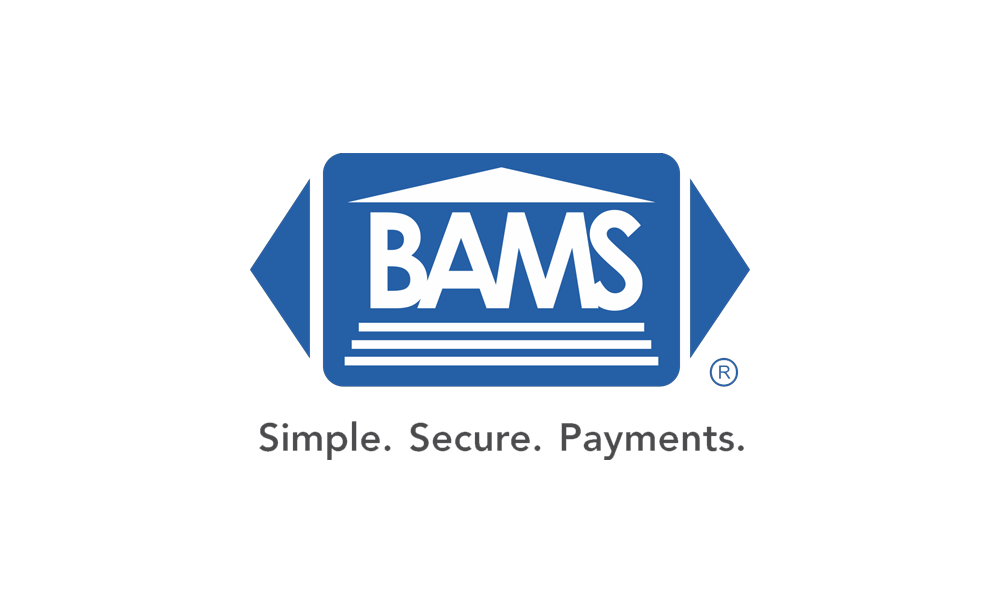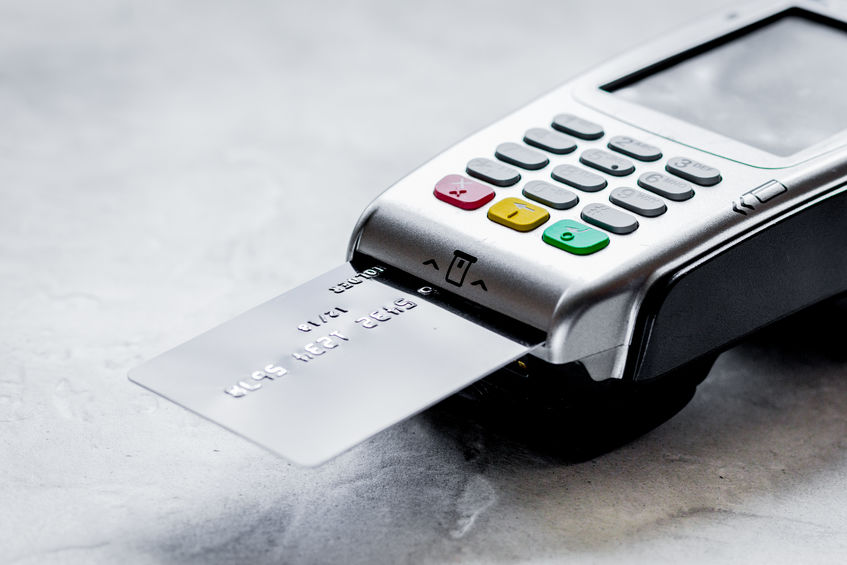What Is a Merchant Account, Why Do I need One, and How Do I Sign Up?
The world is digital, and whether it’s an in-store purchase or an online order, consumers expect to be able to pay quickly and easily, and that means cards. Cash is almost obsolete at this point, meaning more and more merchants are looking for new ways to accept electronic payments with the lowest possible cost and highest possible convenience. It might be easy to turn to a company like PayPal out of sheer brand recognition, but if your business is looking to get started accepting credit cards, there’s a very good chance you’d be much better off with your own merchant account.
What exactly is a merchant account?
A merchant account is a type of bank account designed specifically for processing electronic transactions. It’s provided either by a payment processor or directly by a merchant bank, and essentially, it acts as an intermediate step between a customer’s payment and your company’s business bank account.
Merchant accounts exist primarily as a risk mitigation strategy on behalf of credit card issuers and payment processors. They ensure that merchants accepting credit cards can be vetted and verified before enabling transaction processing, boosting security and minimizing the potential for fraud. That’s of obvious benefit to processors and card issues, but what’s the upside for businesses when they could sign up with a third-party processor like PayPal or Square and skip a merchant account entirely?
Why does my business need a merchant account?
Your business needs a merchant account because, for any business doing serious sales volume, it’s the most affordable way to process transactions. Companies like PayPal and Stripe don’t actually bypass the need for a merchant account. Instead, those companies just pool all of their users’ transactions into their own master merchant account. Naturally, that come along with some notable risk, and the cost of that risk is passed on to you, the innocent and legitimate business. Effectively, when you use a third-party processor, your company is being charged for the misdeeds of all the fly-by-night operators who also signed up, and the fees are grossly marked up as a result.
A merchant account, on the other hand, is generally much cheaper. As a result, they’re harder to get and, unlike third-party processors, will require your business to apply and be approved. But once your account is set up, you can typically enjoy significantly lower fees than those offered by companies like PayPal and Stripe. Certain accounts, like ones based on interchange-plus fee structures, even tailor the cost of each transaction to the actual interchange rate involved – a huge benefit over the flat-fee world of third-party processors.
How can my business get a merchant account?
Technically, all you need to do to get a merchant account is to choose a payment processor and submit your application. Your application will require you to provide information on things like the nature of the business, its operating history, previous accounts, personal credit history, and more. The processor will use that information to assess the level of risk you represent, and then decide whether or not to issue you an account. There are no guarantees when applying, and many companies with inadequate or risky history get turned down, but as long as you have no major red flags, you’ll generally be fine.
When deciding which payment processor to apply with, there are a number of factors you should consider to make sure you end up with the right partner. Fees are an obvious one, but the quality of service and additional features processors offer make a big difference, too, so do your research!
BAMS is a leader in the merchant services industry offering guaranteed low pricing thanks to our interchange-plus pricing model. BAMS also offers a plethora of value-added services and features to our merchants, including fraud and chargeback protection, next-day funding, contactless payment terminals, seamless integration with a wide variety of leading hardware solutions, and even access to capital to fund growth!
For more information on BAMS’ services, or to find out how to apply for a BAMS merchant account today!




